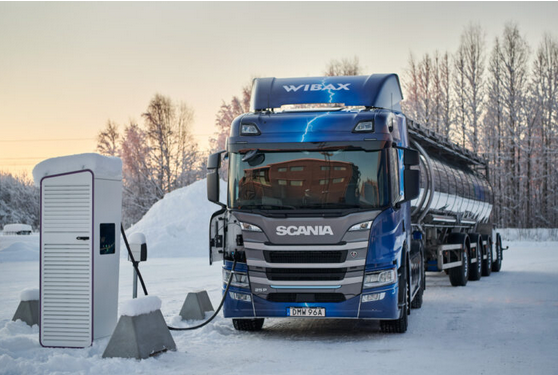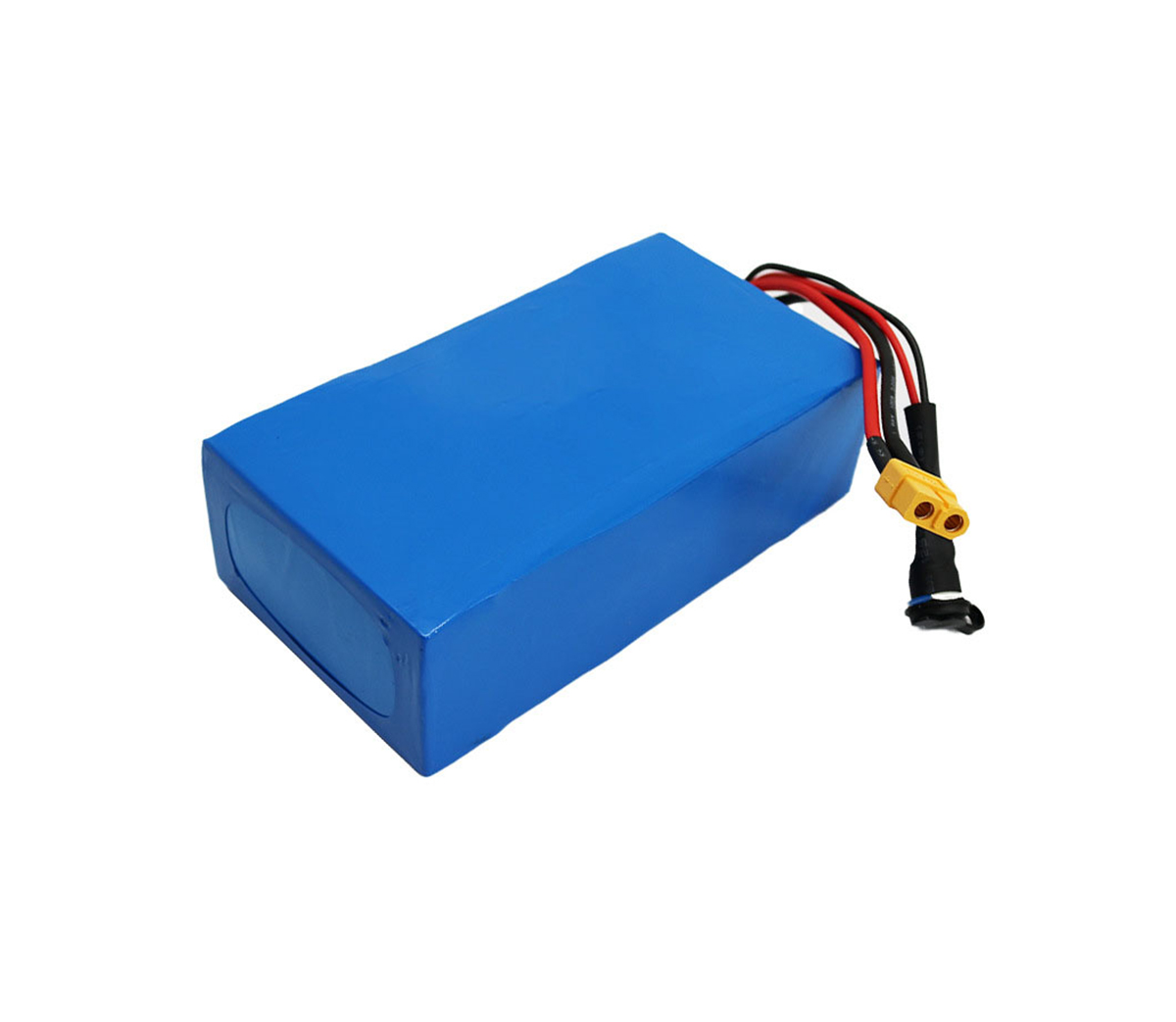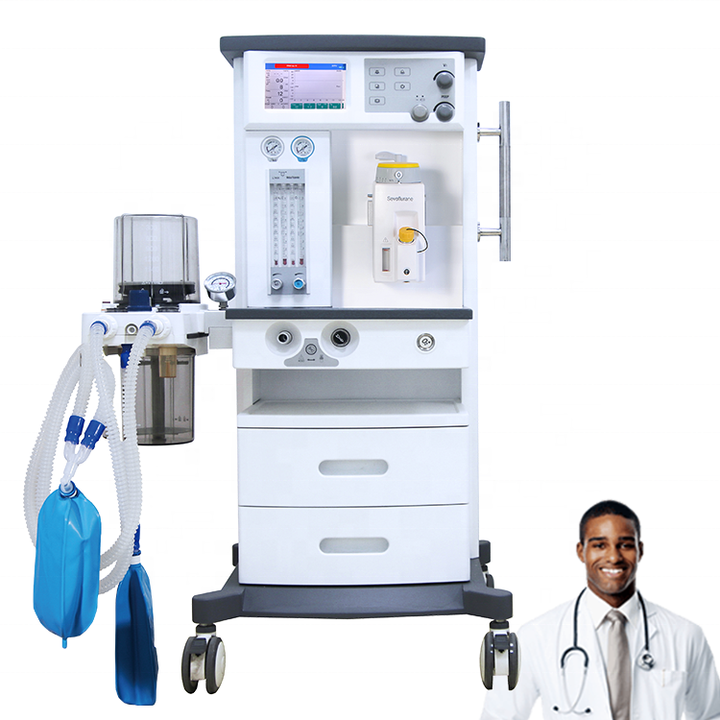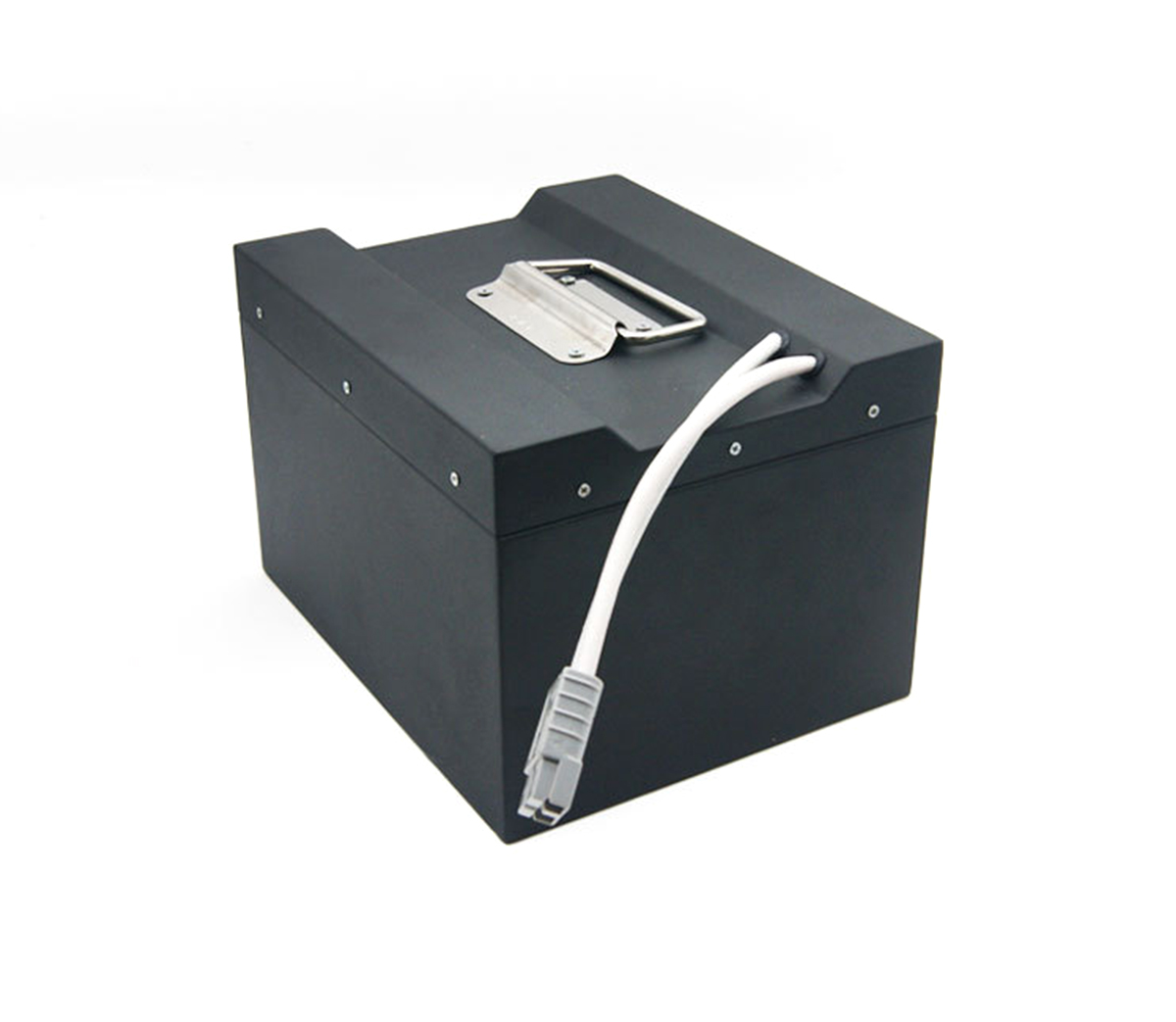Sweden opens Scania electric truck charging park, equipped with 2MW/2MWh
energy storage system provided by Huawei
Swedish renewable energy developer Soltech said a few days ago that the
Scania electric truck charging park has officially opened and is operational. A
company spokesperson said that it will use a 2MW/2MWh lithium iron phosphate
(LFP) battery energy storage system provided by Huawei. He said the solar farm
developed at the same time will be located about 30 kilometers from the electric
vehicle charging station, which is another reason why it does not directly
charge the battery of the charging station. A Soltech spokesman said the main
application for the battery storage system would be grid services, including
frequency control, for transmission system operator Svenska Kraftnät.

(Roadside chargers charging Scania electric trucks)
SES Power believes this is very good news, as electric trucks have been
limited by charging problems, resulting in a slow rollout of electric trucks. We
must be clear that the carbon emissions of chemical fuel trucks are very
alarming and the number is very large. If electric trucks can be popularized in
time, it will significantly speed up the achievement of emission reduction
goals.
The largest electric vehicle (EV) truck charging site in Sweden, due to be
completed later this year, will be equipped with a 2MW/2MWh battery energy
storage system (BESS) and connected to a 500kW solar power facility where
permitted.
Falkenklev Logistik has said it has signed a contract with solar solutions
provider Soltech Energy to deploy battery energy storage systems, while
automaker Scania is working with Finnish EV charging specialist Kempower to
develop the Scania electric truck charging park.
Falkenklev CEO Victor Falkenklev said charging stations with all grid
connections would cost 18 million kronor ($2 million), while a battery energy
storage system would cost 20 million kronor. Scania claims that the Swedish
Environmental Protection Agency, Naturvårdsverket, is half-financing the
construction of the park.
Soltech announced last month that it will cost SEK 7.5 million to develop a
1.5-hectare solar park for Falkenlkev, which also includes battery storage
systems and charging stations for electric trucks. The solar power facility will
supply power to the grid, rather than directly to the electric vehicle park.
Falkenklev plans to connect the park's energy storage system to electric
vehicle charging stations to reduce peak loads on the local grid and achieve
carbon neutrality, either by matching renewable energy generation facilities or
better controlling the time of electricity charged from the grid.
According to a survey report released by Guidehouse Insights in August
2020, by the end of 2029, the global installed capacity of stationary energy
storage systems supporting electric vehicles may reach 1.9GW.
The project is not the first EV + energy storage project in Sweden,
compared to the 220kW/320kWh lithium-ion battery energy storage system connected
to the Vasteras EV charging park, which will be delivered by battery producer
Northvolt and utility Mälarenergi at the end of 2020, the scale of this project
is much larger. This battery energy storage system can meet 80% of the peak
power demand of the charging station.
Industry media reported the first such project in New York, a 5MW/15MWh
battery storage system connected to an electric vehicle charging park, British
energy giant Centrica has secured utility firm Southern California Edison in
mid-2021 project bidding. Nor are these projects limited to lithium-ion battery
energy storage systems. In November last year, Australia and South Korea
announced the deployment of vanadium flow battery energy storage systems with
electric vehicle charging stations.
But the deployment of such projects is paired directly with renewables,
which would allow for low-carbon generation, storage and release of electricity
in a self-contained power system with as little reliance on the grid as
possible.
The Seed&Greet charging station in Germany opened in November 2020 and
is considered to be the largest electric vehicle charging station in Europe. It
is equipped with 336kW solar photovoltaic power generation facilities and two
supporting 2MWh battery energy storage systems to supply power to 114 charging
points. The battery energy storage system uses Tesvolt batteries with an
expected lifespan of 30 years.
As a manufacturer with nearly 20 years of experience in lithium battery
customization services, SES Power has been paying attention to the development
of power lithium batteries and energy storage systems. Because these two fields
are almost the core of the next two decades of lithium batteries. SES Power's
energy storage products, such as 12V100Ah, 12V200Ah, 24V100Ah, 24V200Ah,
36V100Ah, 48V50Ah, 48V100Ah using square aluminum lithium battery, home energy
storage system HESS (3KW inverter output), of course, we also have high-rate car
starter batteries 12V60Ah, the starting current reaches 1500A. Similarly, SES
Power's custom lithium-ion batteries can now be used in -60 degrees and -40
degrees Celsius. We firmly believe that a simpler and lower-carbon charging
method can vigorously promote the development of power batteries and peripheral
products.



































